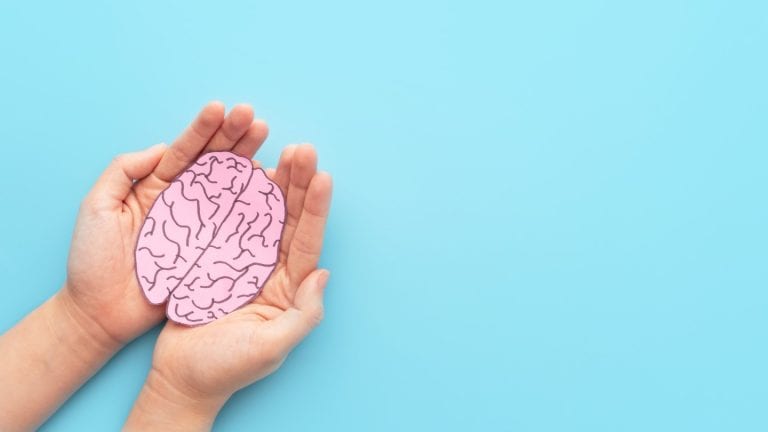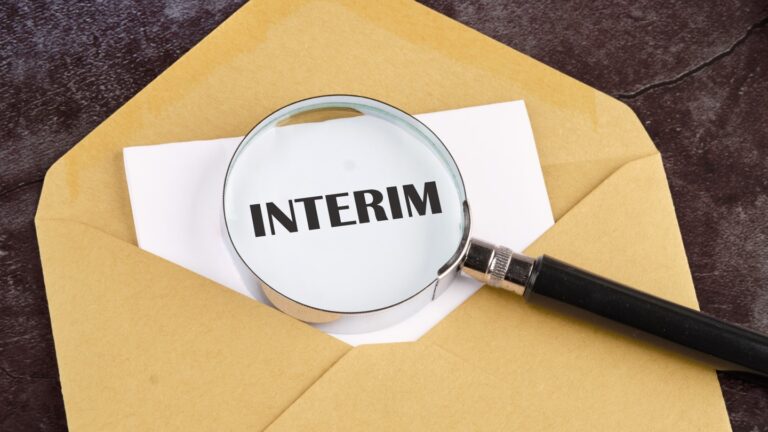Concussion in Sport – Not a Knock on the Head
What is the real impact of a concussion, on both a professional athlete and their club?
In February 2020, Leeds Rhinos captain Stevie Ward was stood down after sustaining a concussion during a match on 2nd February. At the end of February 2020, in an interview with BBC Radio Leeds, coach Richard Agar noted that Ward had;
As of April 2020, Ward was still not back with the squad. Giving an update on his condition, Agar reported that Ward was continuing to make progress with his recovery, but noted that concussion specialists had “uncovered some problems in his inner ear. That is what has been giving him dizziness and balance issues”. Agar was unable to say when Ward would be able to return to play.
Ward’s situation is a reminder to us all about out the reality of concussion in sport and the continued dangers that athletes still face. Sadly, concussion is still often dismissed as just a knock on the head.
A concussion is a brain injury and needs to be taken seriously by athletes and their teams. To protect themselves from legal action, governing bodies need to assess the known risks, take reasonable steps to prevent these and then act quickly to spot, treat and manage athletes who have been injured.
Of course, injury in sport is inevitable – and the reality is that concussion is likely to occur, but systematic failings are risking athlete’s lives and also making teams vulnerable to legal action against them for failing to take proper steps.
Concussion is a serious threat to both an athlete’s health and also his ability to get back to his sport. Studies show that athletes who have suffered a prior concussion are likely to have a prolonged recovery and are also greater risk of suffering a further injury in the future.
The difficulty with concussion is that no two injuries are the same. The type and severity of symptoms, their effects and long-term prognosis all vary hugely depending on each person. It’s naïve to assume that each athlete’s rehabilitation and recovery will conform to prescribed timeframes.
One of the greatest problems with concussion is how differently it can impact people. Whilst most concussions are considered to be short-term injuries, usually resolving within a matter of days or weeks, this is not always the case. In Ward’s case, he’s suffered the consequences for more than 10 weeks.
I represent a number of clients who have suffered ‘post-concussion syndrome’, a disorder where concussion-related symptoms continue for weeks, months and sometimes years after a concussion. This is one side of concussion which is not often talked about but needs to be. Having post-concussion syndrome means you’re effectively continuing to suffer a range of symptoms on a longer-term basis. This will hugely affect anyone’s ability to live their life as normal. There is no one single test to diagnose post-concussion syndrome and no prescriptive treatment either. Prognosis varies depending on each patient. For athletes, this could seriously interrupt their professional careers and harm their long-term health.
When it comes to head injury in sport, rugby is ahead of other sports in a lot of ways – but clearly there’s still more work to be done. Obviously, the priority is protecting an athlete’s health, however governing bodies also need to be alert to potential legal action against them if they’re found to be failing their duty of care to their players. Professional athletes are employees and have the same rights other employees do. To ensure they’re staying ahead of legal action, sporting governing bodies need to consider three main issues when dealing with head injury:
- Identifying risks that are known or ought to reasonably be known. With sport, injury is inevitable however this doesn’t mean that nothing can be done about it.
- Putting into place reasonable and adequate measures to try to prevent these risks from occurring – for example updating the rules on tackling, to prevent head injuries
- Acting quickly to spot, treat and manage an injury if it occurs. This will include a formal head injury assessment which allows the player to recover fully before being allowed back onto the field.
- Ensuring protocols are properly implemented and that proper recovery is emphasised. Players and managers need to work with doctors and referees to recognise and report symptoms as soon as they occur.
Another aspect of this is that more needs to be done to educate athletes and managers about the realities of concussion. Without knowing enough about the risks, athletes are unlikely to perceive themselves as being at risk of concussion or are likely to dismiss a concussion as being a minor blow. Athletes who perceive a higher risk of concussion are likely to take more care in reporting their symptoms or ensuring they are fully recovered before returning to the field. There’s still an issue in all sports of athletes not reporting their symptoms or downplaying them, because they may not appreciate the gravity of the injury, do not want to let their team down or lose their spot in the team.
Whilst injuries are bound to happen in sport, more can be done to protect athletes from long-lasting injuries and protect clubs from legal action against them.










